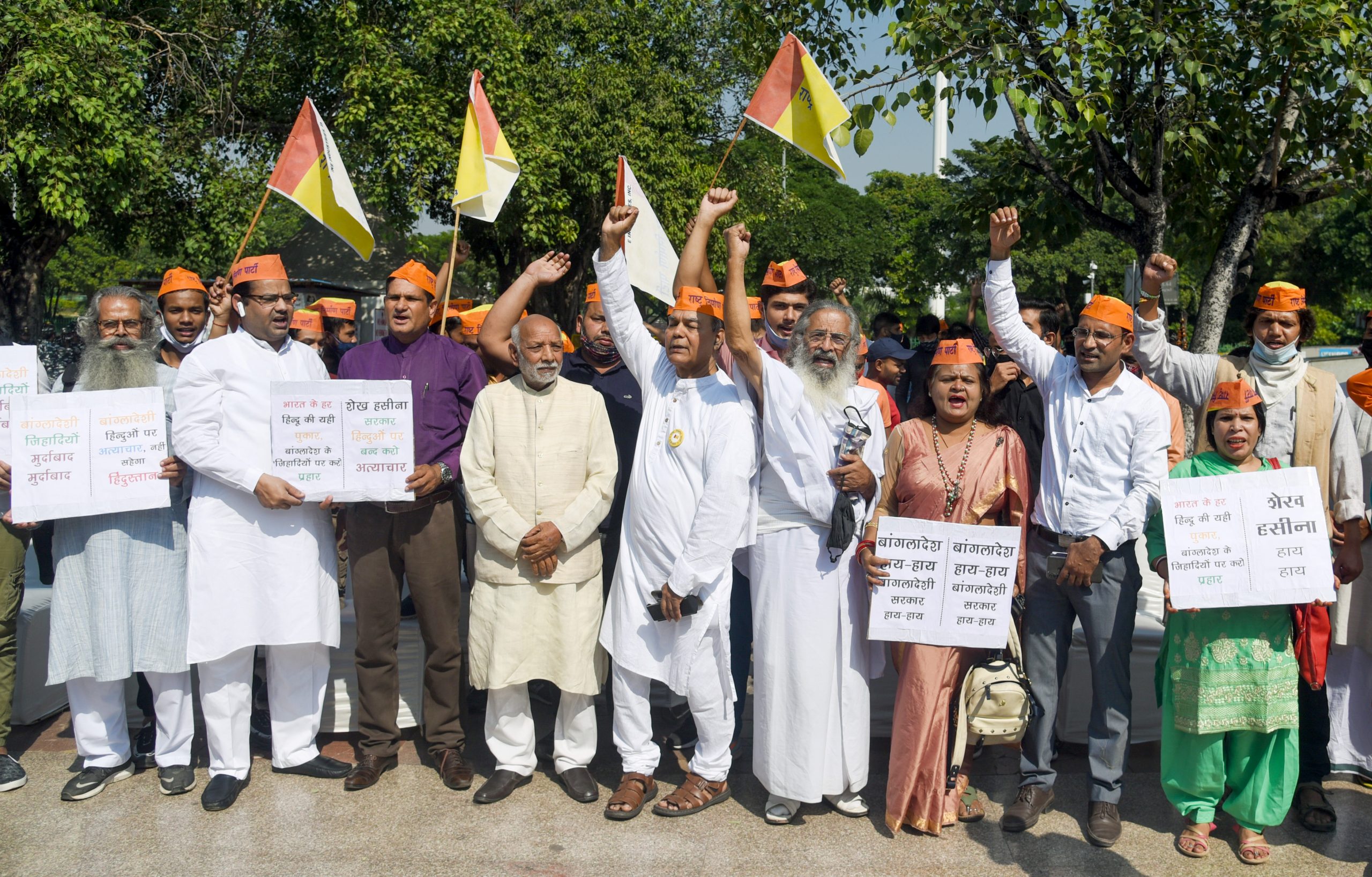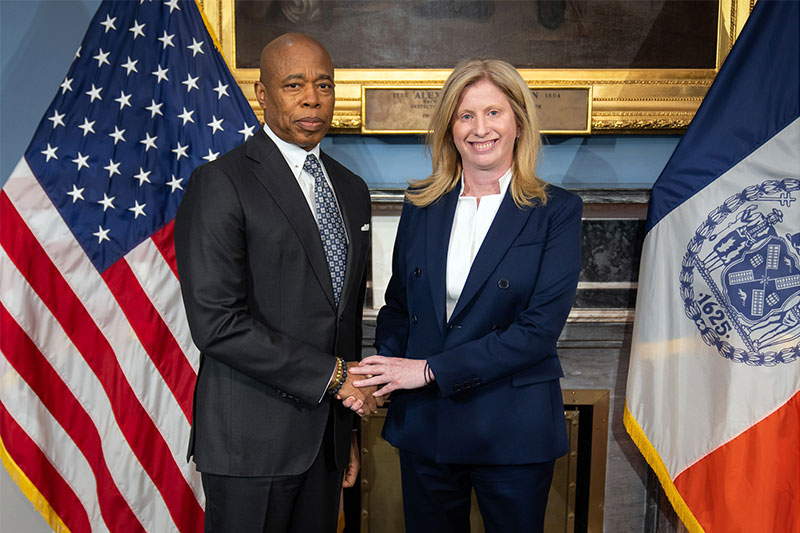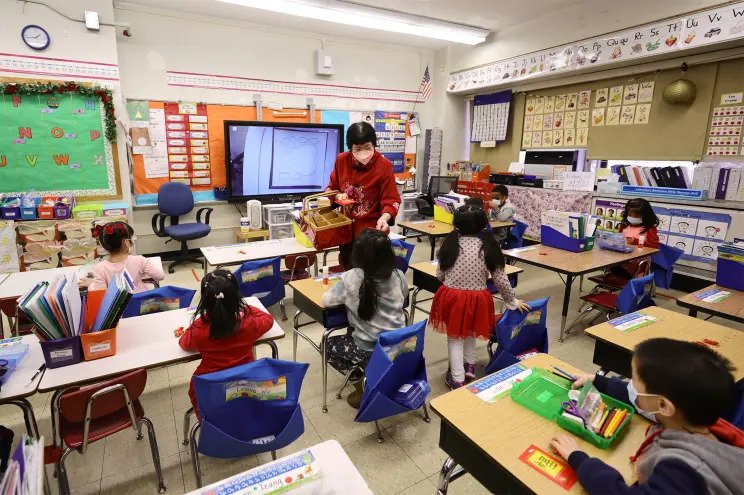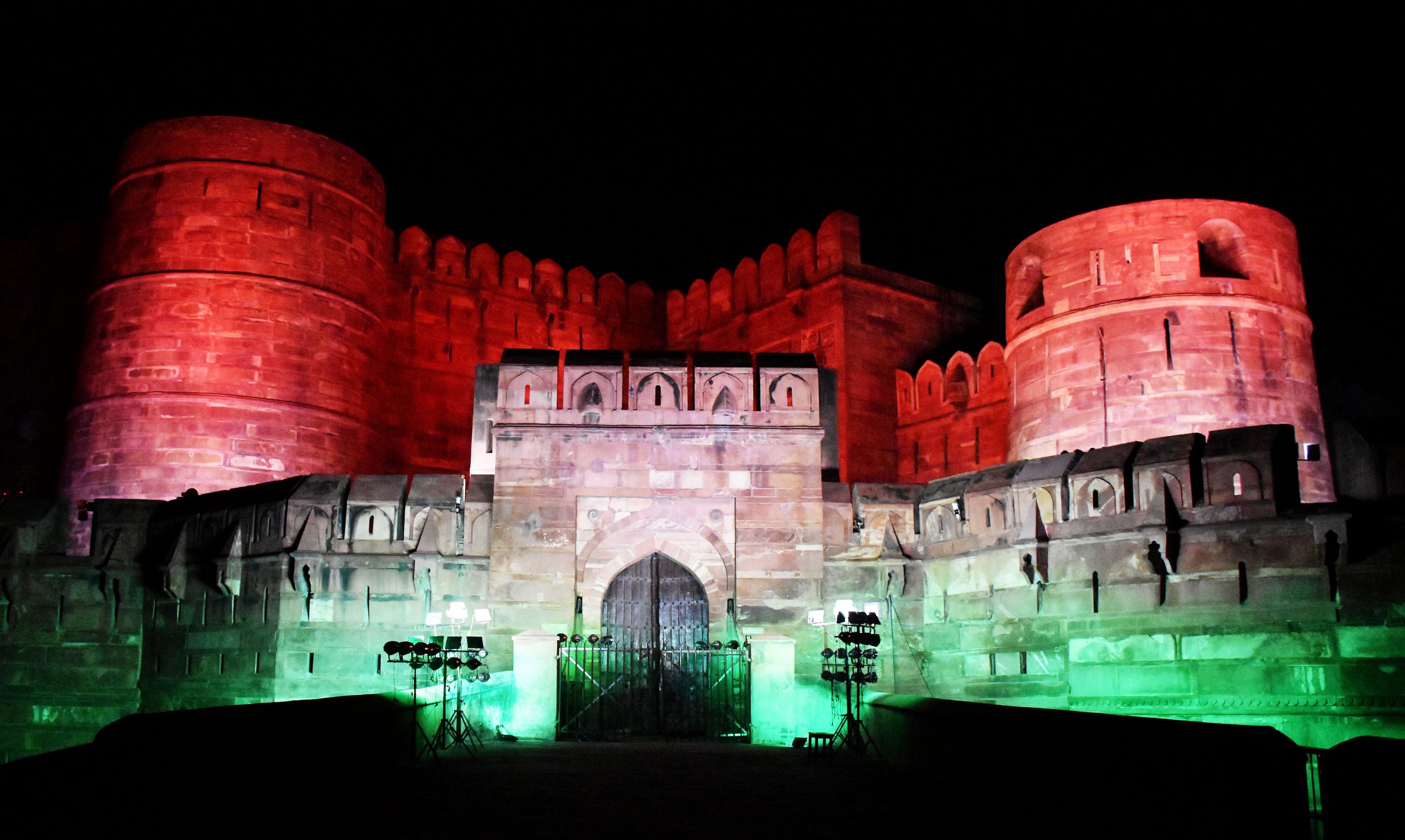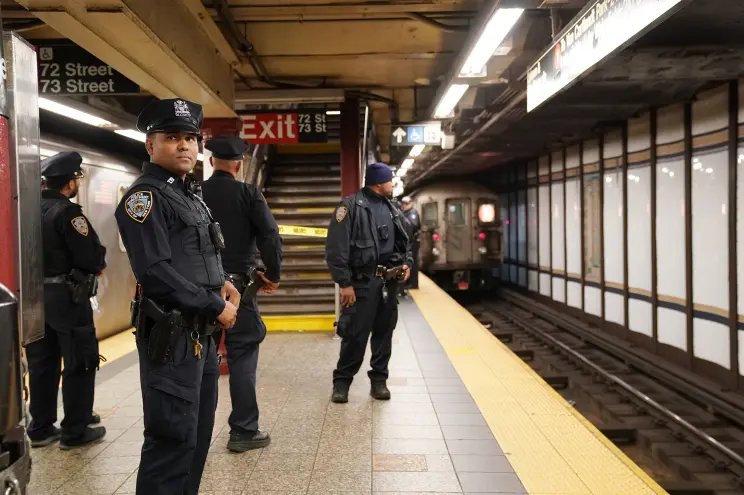The army in Bangladesh has undergone significant changes as now most of the Pakistan-era officers have retired but it still remains an important factor in the polity of Bangladesh
Anand Kumar
The recent violence against the minorities in Bangladesh has taken a large number of people by surprise. It is not that violence against the minorities is unknown in Bangladesh, however, it was certainly put in check after Sheikh Hasina came to power. The violence against the Hindu minorities flared up once again in Cumilla this year during the Hindu festival Durga Puja when a miscreant perhaps on instigation of some extremists put the Holy Book Quran in a Puja Pandal. Subsequently, violence also spread to other areas due to rumour-mongering on social media.
In the last decade or so, Bangladesh has managed to prioritise economic progress over religious extremism engulfing a number of other Muslim majority countries. The country grew at a decent pace even when the whole world was grappling with the COVID-19 pandemic. The growing prosperity of Bangladesh is seen as a major reason behind the strong support of Bangladeshi people enjoyed by Sheikh Hasina. However, the recent violence against the minorities can prove to be detrimental if due measures are not taken by the Awami League government.
After the breakout of the violence, the government placed eight units of Border Guard Bangladesh in various parts of the Chattogram district to maintain law and order. The civil society in Bangladesh also protested violence against the minorities. They have demanded that Bangladesh government should enact a new law to ensure religious freedom for everyone. However, the situation still remains tense in the country.
After coming to power in 2009, the Sheikh Hasina government took strong measures against the anti-liberation forces, in a large measure represented by Jamaat-e-Islami, Bangladesh. Unfortunately, along with the Shahbag movement, Bangladesh also saw the rise of Hefazat-e-Islam, another radical Islamist movement in the year 2013. Hefazat-e-Islam ransacked Dhaka when it launched its protest against the organisers of the Shahbag movement. It considered them atheists. Ironically, subsequently Awami League tied up with Hefazat-e-Islam perhaps to gain electoral mileage.
Hasina has also acted against radical and terrorist organisations. Once in power, she declared a policy of zero tolerance against terrorism. This kind of policy was only expected from her as she was nearly killed in a terrorist attack in Dhaka in 2004 when she was addressing a rally. In this attack, 24 Awami League workers, including one of her close associates, were killed.
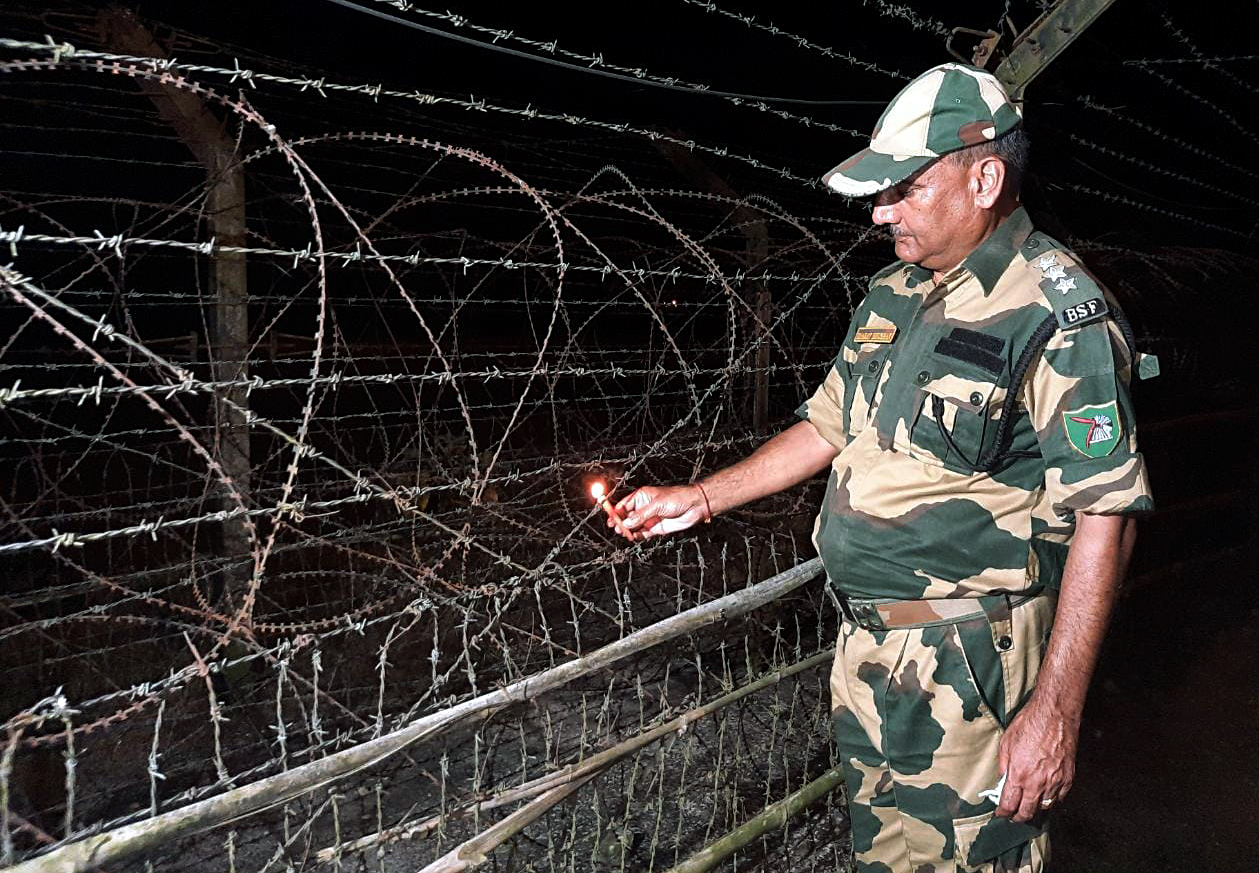
India was pleasantly surprised when Hasina took action against the Indian insurgent groups active in North East India. These groups were using Bangladesh as a base for their terror activities in North East India. Previous political and military regimes in Bangladesh had consciously allowed these insurgent groups to operate from Bangladesh. In fact, when Sheikh Hasina took action against them and handed over most of their top leaders to India, these forces criticised Hasina for losing an important pressure point against India. Sheikh Hasina’s cooperation with India on counter-terrorism has dramatically improved India–Bangladesh relations and has taken it to a different level altogether.
However, return of Sheikh Hasina to power and her India-friendly policies have not been liked by her domestic and international opponents. Domestically she has faced strong resistance from the main opposition party the Bangladesh Nationalist Party (BNP) and the Islamist political party Jamaat-e-Islami.
Pakistan is one of the important international players which is hostile to the Sheikh Hasina government. When Sheikh Hasina declared her intention to try war criminals, it was not liked by Pakistan. Pakistan had sent Zia Ispahni as its special envoy to dissuade Sheikh Hasina from carrying out the trials. However, since she remained adamant on war crime trials, it is widely suspected that ISI instigated a rebellion in the Bangladesh Rifles (BDR), then border guarding force of Bangladesh. This rebellion nearly upturned the political regime of Sheikh Hasina., but she managed to save the situation though with great difficulty.
The army in Bangladesh has undergone significant changes as now most of the Pakistan-era officers have retired but it still remains an important factor in the polity of Bangladesh. The easiest way for opposition in Bangladesh is to create a political crisis in Bangladesh by inciting communal strife. Perhaps the forces inimical to Sheikh Hasina government are trying to do just that. The Awami League government should remain vigilant to the designs of forces inimical to it and not let them undo the works done by it in the last one decade or so.
Anand Kumar is Associate Fellow at Manohar Parrikar Institute for Defence Studies and Analyses.
Views expressed are of the author and do not necessarily reflect the views of the Manohar Parrikar IDSA or of the Government of India.
This is the abridged version of the article which appeared first in the Comment section of the website (www.idsa.in) of Manohar Parrikar Institute for Defense Studies and Analyses, New Delhi on November 2, 2021
















